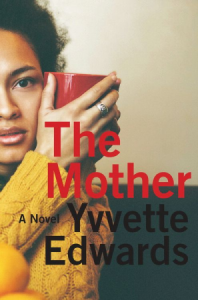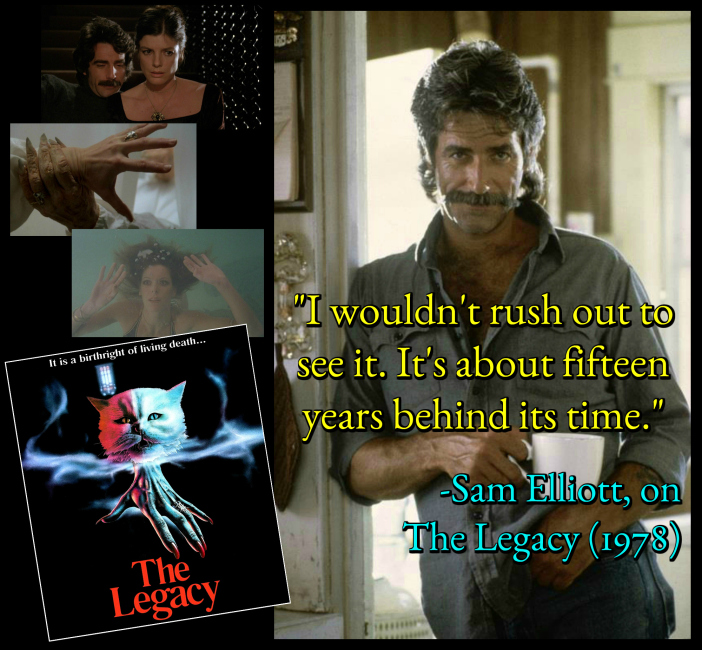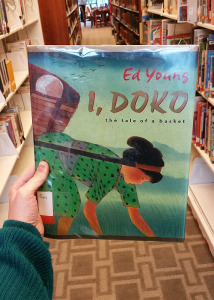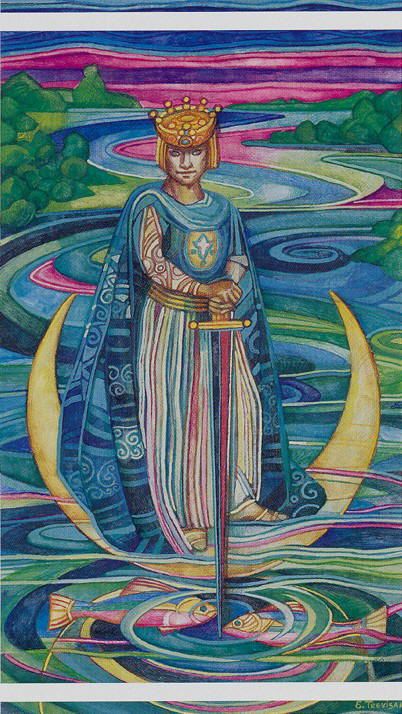Matthew Stokoe is the author of the novels: Cows, High Life, Girl in a Black Leather Catsuit, and Empty Mile. His work has been translated into French, German, Russian and Spanish. In 2014 he was nominated for the Grand Prix de Littérature Policière. He lives with his wife in Sydney, Australia.
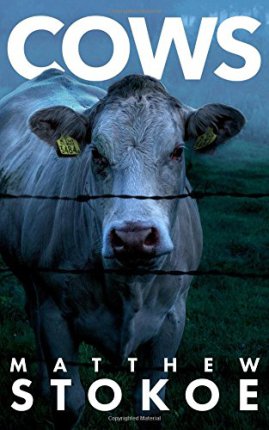

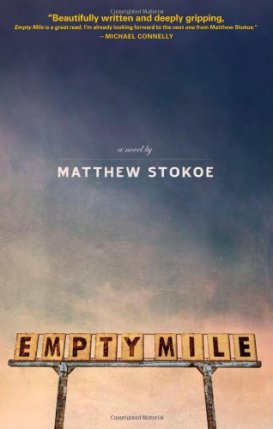

In 2015, Matthew Stokoe’s fourth novel, Girl in a Black Leather Catsuit, was published in France under the title SAUVAGERIE by leading French publisher Gallimard.
Publisher’s Weekly has said if Stokoe’s work: “…heartbreakingly powerful contemporary noir…Stokoe stays true to a bleak vision of the world as he enmeshes his characters in the kinds of tragic setups reminiscent of a Thomas Hardy novel.”
www.matthewstokoe.com
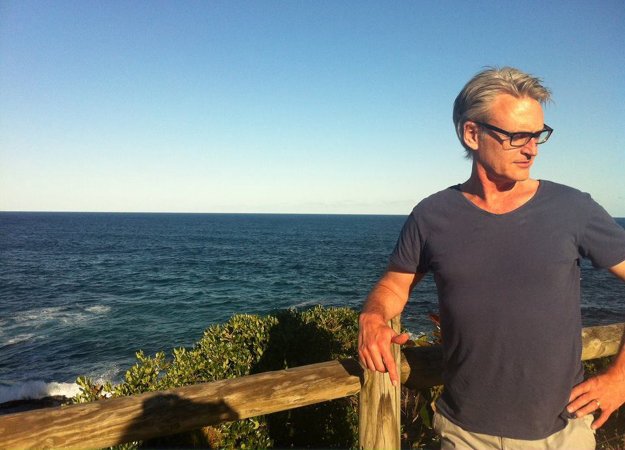
Ryan Lieske: What is the first book you remember reading, or having read to you?
Matthew Stokoe: I can’t cite a specific book, but my mother used to read to me every night when I was a kid and the earliest novels I remember were all historical fiction—lots of knights and battles and armour and castles and flintlock pistols and rapiers. And an unattainable girl, of course. Rosemary Sutcliff was one of the big authors in this genre, but my favourite was a guy whose name escapes me now. Roland something….
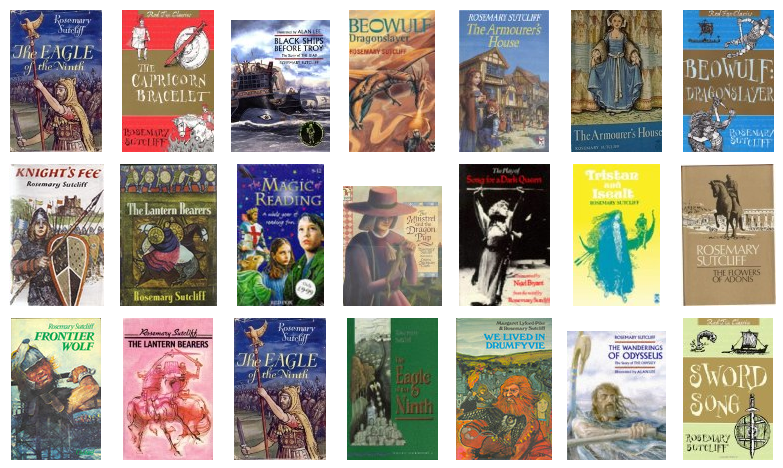
Later, in my mid-teens I started in on Alistair MacLean and Desmond Bagley–thrillers, generally set in a lot of different places round the world. Brilliant stuff.
RL: What is the book that sealed your fate as a lifelong reader?
MS: No particular book made me a reader or made me want to keep on reading. I just was a reader. I don’t remember a time when I wasn’t. Being able to not only escape my own life, but to open a door into someone else’s was a drug that sparked dreams of other ways to be, other ways to think. Authors like Hubert Selby Jr, Bukowski, Nelson Algren, Upton Sinclair, Dalton Trumbo, Raymond Chandler. How do I feel about them now? Same as I did back then, I guess.
RL: A lot of people tell me that, even if they were a voracious reader as a child, it was their middle-school and high-school years that had the most impact on the reader they are today. Would you say this is true for you?
MS: For me, it was probably my late teens through my twenties. This was when I really got into Raymond Chandler, gritty realism and what used to be referred to as proletarian literature—Dos Pasos, Upton Sinclair etc….
Authors that shaped me? Chandler, Algren, Selby Jr. because they showed the other side of life, a place where bad things happen, where good people break themselves trying to put food on the table and keep a roof over their heads. Most of the writing, TV, movies we consume today either avoid addressing this, or present a kind of lie, a general assumption that most people have good lives, that most people are happy and comfortable and safe. Writers who expose this lie attracted me. And the ones that attracted me the most were the ones who used beautiful prose to do it.
RL: Speaking of this time period, were you one of those kids who went rogue from the curriculum and read whatever you wanted, sometimes even ignoring what was assigned to read altogether?
MS: No. I read what I had to for school and I also read what I wanted. It wasn’t a case of one preventing the other.
RL: Reading is inherently a solitary activity, so did your reading life ever supersede or cause conflict with your social life growing up?
MS: I didn’t have much of a social life, so, no it never conflicted. And, yes, I spent a lot of lunch hours in the school library and a hell of a lot more hours lying on my bed reading.
RL: And then comes college. What new books, literary styles, or genres were you exposed to in college?
MS: Well, I guess college comes for those of us who are lucky enough to have access to tertiary education. Millions around the world don’t. I actually did go to college, but it certainly didn’t do anything for my reading. I read what I wanted, what I sought out and acquired on my own. This notion of some friendly tutor or English professor mentoring and guiding the sensitive would-be writer might have been true for Bret Easton Ellis, but mostly it’s a crock of shit.
RL: What were your early bookstore experiences like?
MS: Couldn’t afford them, went to libraries instead. Or bought books from secondhand stores.
RL: Did you find, as you grew older, that the books of your youth began to mean less to you? Or do you still enjoy all the types of books you’ve been exposed to throughout your life?
MS: I think certain books or types of books are important at certain points in your life. It doesn’t matter that they aren’t as important at other times. You take from them what you need at the time and that’s enough. I read Lord of the Rings when I was fifteen or sixteen, for instance, and I loved it. Fantasy doesn’t interest me at all now as a genre, but I certainly don’t cringe at the thought of having read the book.
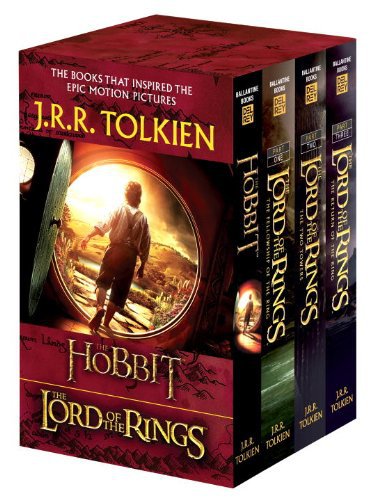
RL: How has your reading life survived adulthood?
MS: If you want to read, read. If you need more time, turn off the fucking TV and delete your Facebook account.
RL: Amen! Currently, what types of books are you mostly drawn to?
MS: Non-fiction about Hollywood and the movie industry. Also books about film noir—just read Eddie Muller’s Dark City and his investigation into the making of the movie Gun Crazy. Both fab.
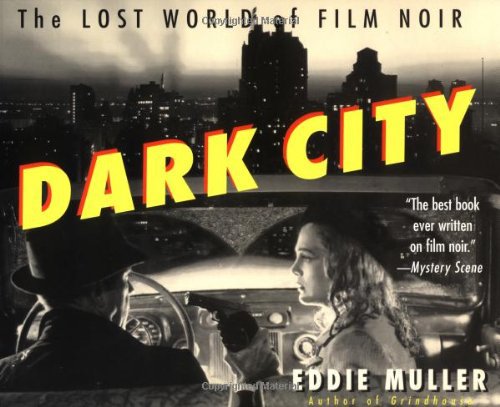

RL: How do you share your love of books with others? Do you buy books for people, loan them out?
MS: I don’t. If someone wants to read, they’ll read, they don’t need me to tell them to do it. I do buy books as presents, though. And if I’ve read something good I’ll mention it to friends. Just like everyone else in the world, I guess.
RL: I’m one of those people who reads several books at a time. I’ve been called a “reading polygamist.” Are you?
MS: Yes, I’m with you there. I usually have two or three books on the go. At the moment the set is Stephen King’s It, a book on blockchain technology and The Incest Diary.

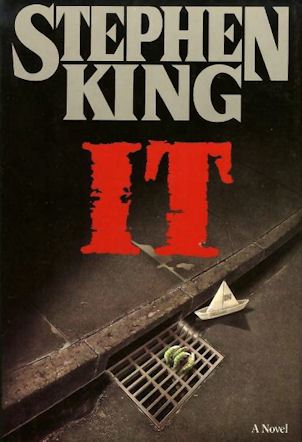
RL: Now, I’m not a big fan of the term “guilty pleasure.” However, for want of a better term, what are your literary guilty pleasures?
MS: “Guilty pleasure” for me is reading a novel that has been written purely to tell a story, that doesn’t really care about addressing any of the questions that are meaningful in an existential sense, a book that hasn’t required the author to open his guts and spill blood on the page. They’re fun, but they don’t have much substance. But, hell, sometimes fun is enough.
RL: This one could apply to all art, really, but in terms of writing, what are your thoughts on “genre?” What I mean is, do you feel it’s necessary to label?
MS: It’s not necessary, but it makes it easier to talk about bodies of work. And, as a writer, you have to be aware of the notion because if you choose to write within a genre then you better know the demands of that genre—even if you intend to subvert them. Especially if you intend to subvert them!
RL: Are you a physical copy person, or do you prefer other ways of “reading” books, such as eBooks or audio?
MS: I much prefer paper books, but I also read on a Kindle when I have to. The whole eBook vs. paper book kerfuffle of 10 years ago is largely pointless to worry about now I think. Paper book sales seem to be increasing and all indicators point to them continuing to be available. And if you read a book some other way, so what? As long as the author gets paid….I guess the big downside of eBooks, though, is that they have allowed such an avalanche of shit writing to be unleashed on the world
RL: Do you take a book with you wherever you go?
MS: No. But I do make sure I’ve got one if I know I’m going to be spending time in a waiting room or on a train or something like that.
RL: What books―and they don’t have to necessarily have to be all-time favorites―do you feel have influenced you and shaped you the most: as a human being, as an artist, etc.?
MS: Raymond Chandler, particularly for his use of language and the truth and honour he brings to his writing. Also Hubert Selby Jr., again for his prose and his examination of the human condition.
RL: Lastly, just for fun, what is the one book―be it a widely lauded classic, or bestselling popular phenom―do you find absolutely unreadable?
MS: Generally I’ll just stop reading if I don’t like the book, so I haven’t had many unpleasant reading experiences. It’s pretty simple, you just close the book and put it down. These people who spend their precious time peppering the pages of Amazon with outraged reviews about how terrible or disgusting a book is baffle me. Close book—put it down.
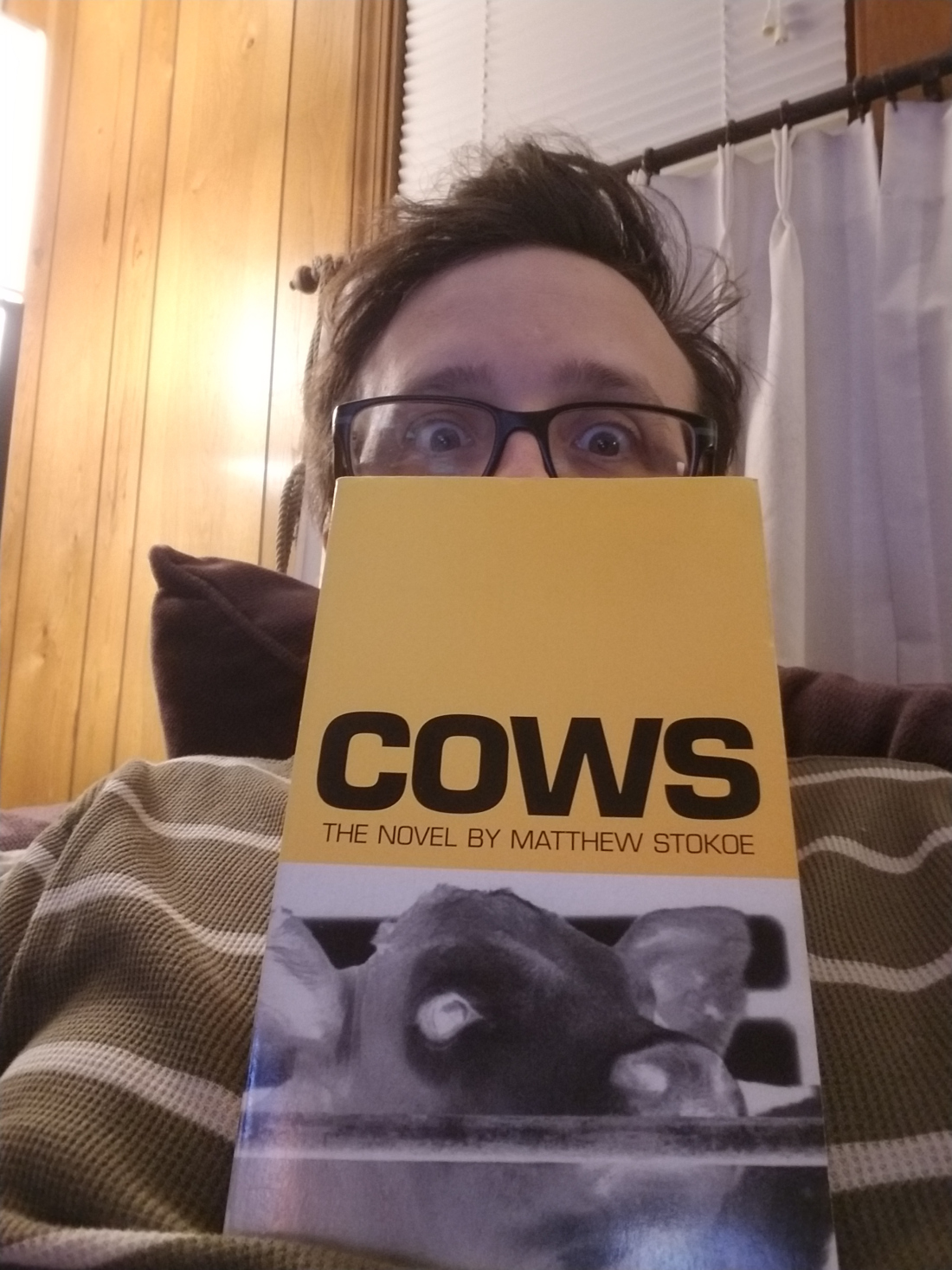 Me and my copy of Cows. I dare you to read it.
Me and my copy of Cows. I dare you to read it.
FIND MATTHEW STOKOE ONLINE AT THE FOLLOWING LINKS:
OFFICIAL WEBSITE
MATTHEW STOKOE’S BLOG
MATTHEW STOKOE ON TWITTER
Share this:
